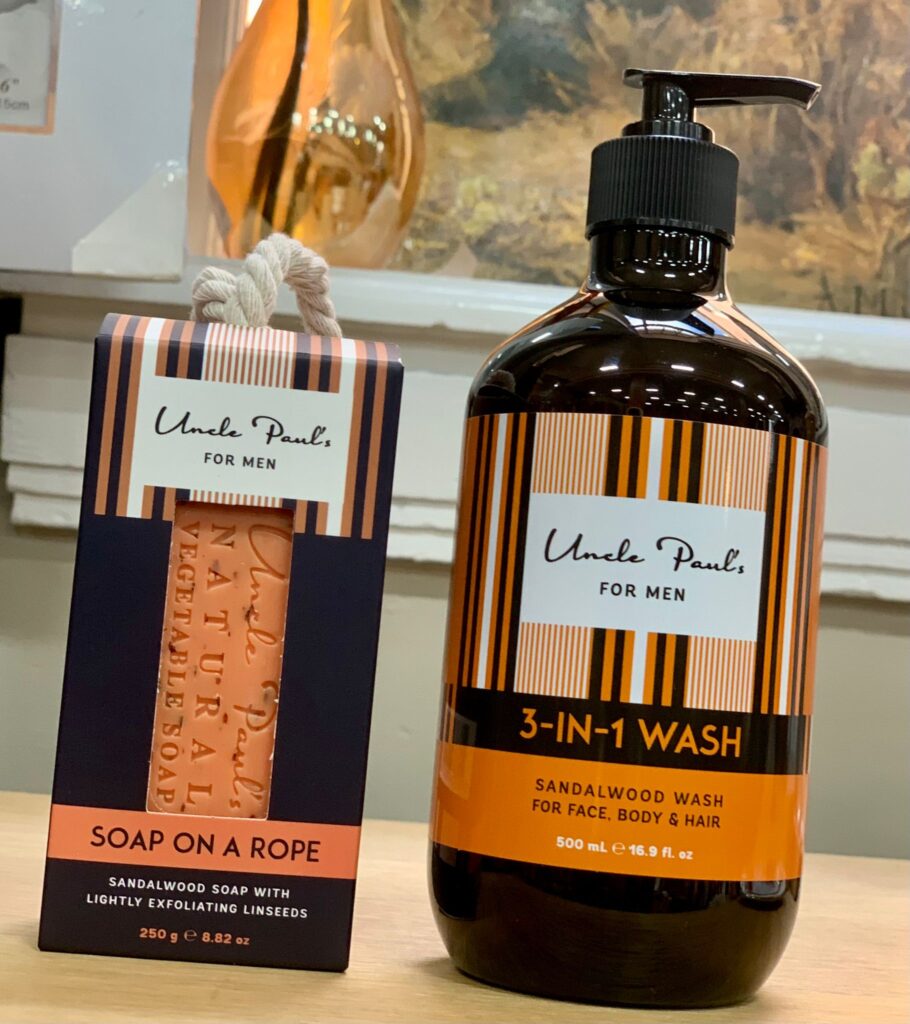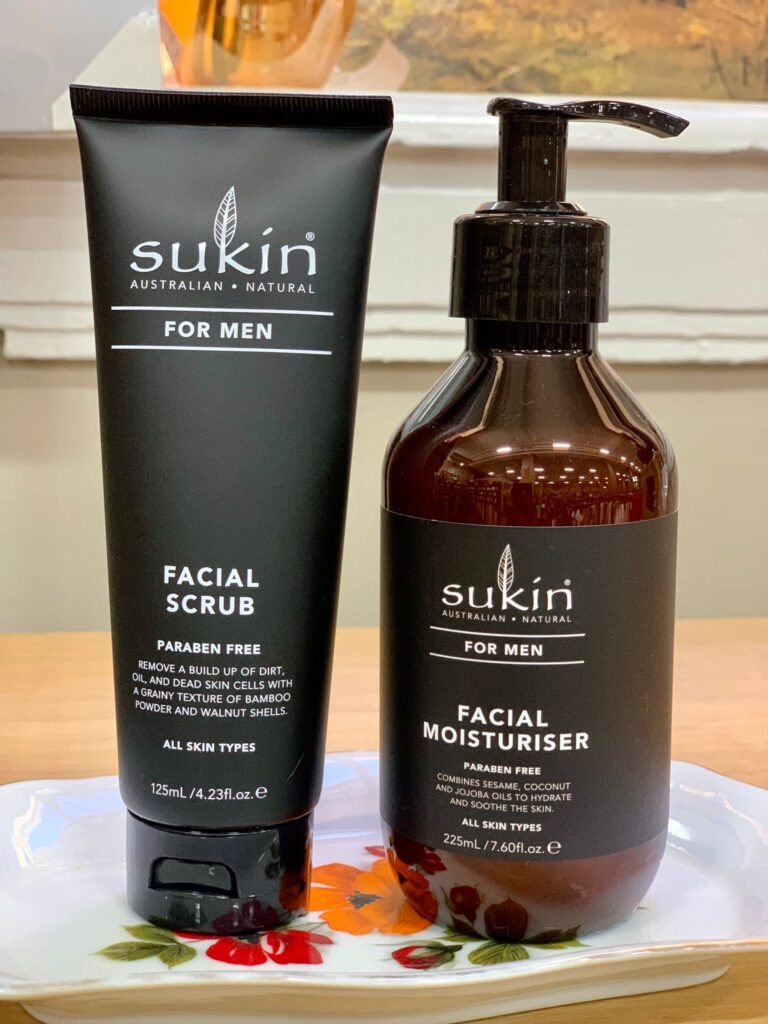Whenever I stroll through the skincare aisle, I’m drawn to the men’s section. The bold, minimalist packaging always catches my eye. My first experiment? Men’s deodorant is affordable and with a crisp, clean scent. That experience led to a bigger question: can women use men’s skincare products?
Curious, I decided to explore. This winter, my skin was thirsty for extra hydration, and I tried a men’s facial moisturizer. Guess what? It worked wonders! That got me thinking: why do we divide skincare by gender?

What’s the Difference Between Men’s and Women’s Skincare?
The truth is, that gender-specific skincare is more about marketing than actual science. While there are some differences, they aren’t enough to stop you from using products marketed to men.
1. Formulations Are Similar
Men’s and women’s skincare products share most of the same ingredients. The differences are usually limited to fragrance, packaging, and branding.
2. Skin Biology Matters, but Not Much
Men generally have thicker, oilier skin because of testosterone. Women may have thinner or drier skin, but these traits vary widely. What matters is choosing products based on your skin type, not your gender.
3. Universal Skin Needs
Skin is skin, whether it belongs to a man or a woman. Everyone needs hydration, sun protection, and effective cleansing. If a product meets those needs, it’s worth using.
My Experience with Men’s Skincare
I tried the Sukin Facial Moisturizer, part of a men’s skincare range. The hydration was intense, and the subtle scent was refreshing. I also experimented with Uncle Paul’s 3-in-1 a product designed for men but perfect for anyone seeking simplicity in their routine.
Tips for Choosing Skincare Products
Stop worrying about gender-specific labels. Instead, focus on what your skin truly needs. Here’s how:
- Check Ingredients: Opt for clean, effective formulations.
- Know Your Skin Type: Oily, dry, or sensitive, choose products that suit your skin’s needs.
- Evaluate Results: The best products are the ones that work for you.


My Verdict: Yes, Women Can Use Men’s Skincare
Skincare doesn’t need to be gendered. If a product works for your skin, it doesn’t matter if it’s labeled for men or women. So, next time you’re shopping, feel free to explore men’s skincare, I have explored some of this skincare also.
Have you tried using men’s skincare products? How did it work for you? Share your thoughts in the comments below.
Love and Hugs,
Misy.




Pingback:
Kate Somerville Skincare: Review - Misykona | Top Beauty Blog & Brand Strategist | Beauty, Faith, Lifestyle